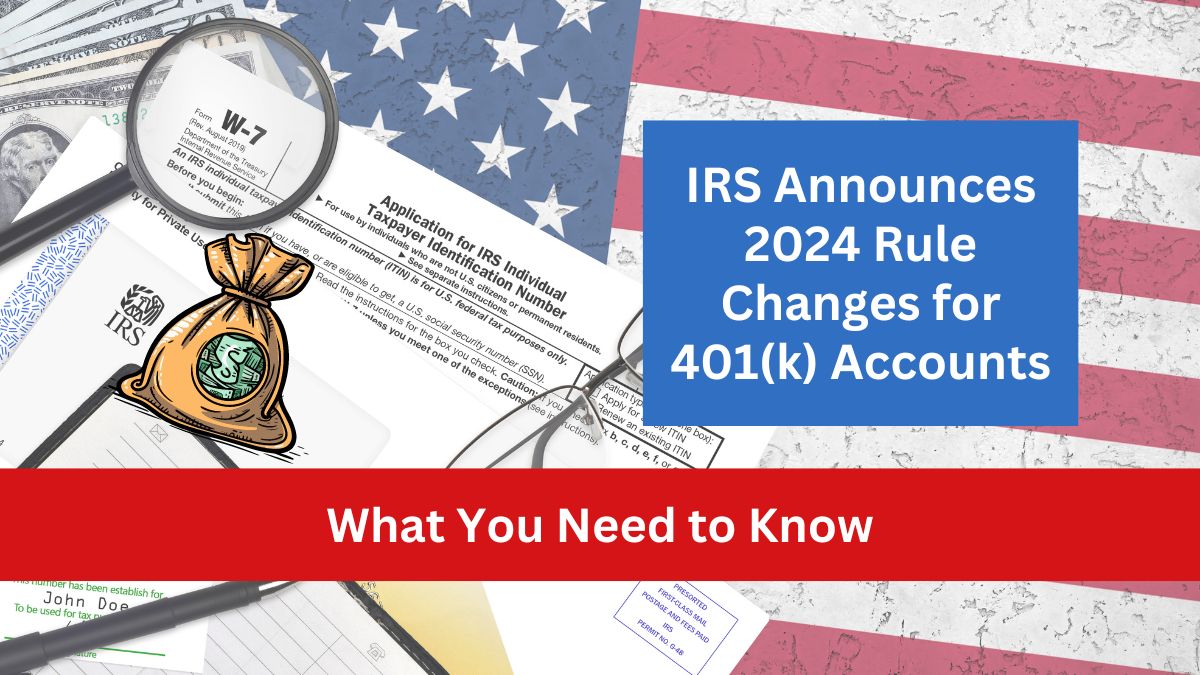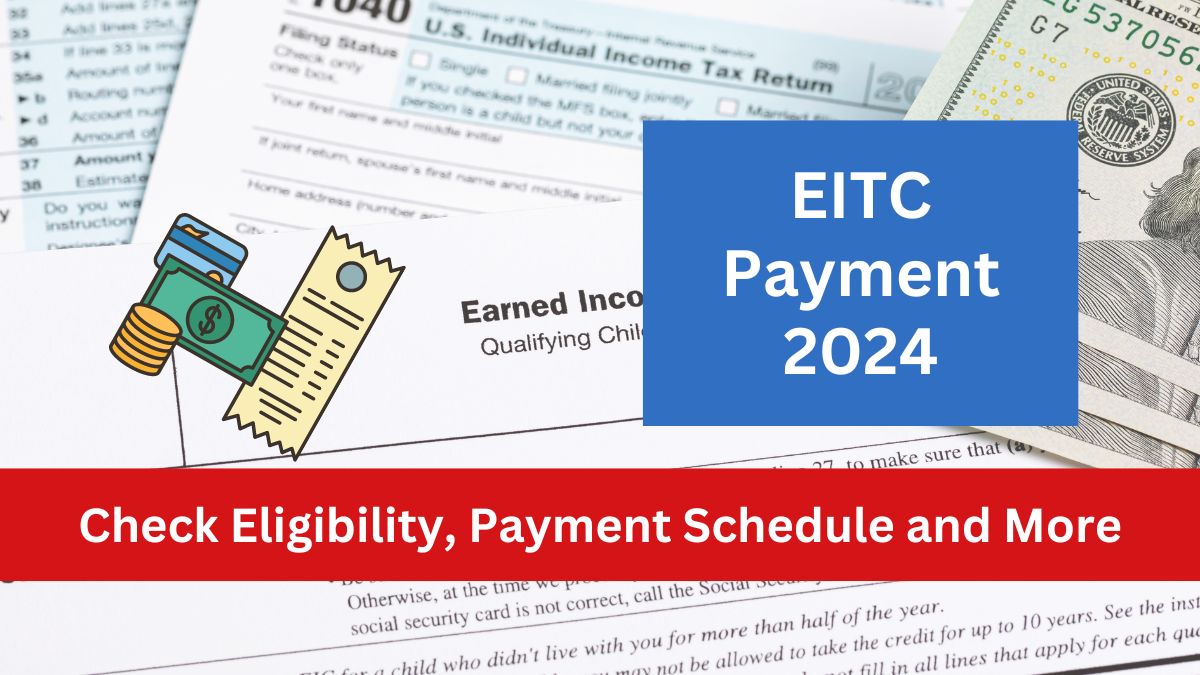Here’s a comprehensive overview of the potential Social Security changes in 2025 that could impact all beneficiaries. The U.S. Social Security Administration administers a federal program providing retirement and disability benefits to individuals and families.
These benefits offer crucial financial assistance, particularly to low- and moderate-income recipients, helping them manage their cost of living. Each year, the government implements specific changes to ensure the program continues to provide adequate support and address essential needs. Read on to learn about the possible changes to Social Security in 2025 and their implications.
Anticipated Social Security Changes in 2025
Social Security, a primary source of retirement income for millions of Americans, is expected to undergo several adjustments in 2025.

While the core functions of the program will remain intact, these changes could have significant effects on beneficiaries.
- Increase in Taxable Earnings Cap: The maximum amount of income subject to Social Security tax is expected to rise in 2025. This limit, known as the taxable earnings cap, is adjusted annually to reflect wage growth. The Social Security Administration projects that the cap will increase from $168,000 in 2024 to $174,900 in 2025, which means higher Social Security taxes for high earners.
- Cost of Living Adjustment (COLA): Social Security benefits are adjusted annually to keep pace with inflation through the Cost of Living Adjustment (COLA). While the exact COLA for 2025 is not yet known, it is projected to increase between 2.66% and 3.2%, based on inflation data.
- Increase in Maximum Monthly Benefits: The maximum monthly benefit that a retired worker can receive at full retirement age (FRA) is likely to increase in 2025. This benefit is based on a worker’s average indexed earnings over their career. While the exact amount of the increase is uncertain, it is expected to be significant, particularly for high earners who have consistently contributed the maximum to Social Security and who wait until FRA to claim benefits.
- Proposal for Increased Benefits for Seniors 85 and Older: A proposal is gaining momentum to increase benefits for Social Security recipients aged 85 and above. This change aims to address the unique financial challenges faced by this age group. The potential increase could be based on the average benefit for retired workers or a gradual percentage increase.
- Long-Term Solvency Concerns: Despite these potential changes, long-term solvency remains a significant concern for Social Security. Without legislative action, the program’s trust fund, which pays benefits, is projected to be depleted by 2035. While the changes in 2025 might provide some temporary relief, discussions about long-term solutions, such as raising the retirement age or increasing payroll taxes, are likely to continue.
New Changes and Their Impact on Beneficiaries
While the exact details of all potential changes to Social Security in 2025 are still emerging, here’s how they could potentially affect you:

- High Earners: If your income exceeds the new taxable earnings cap in 2025, you’ll need to account for the additional Social Security tax when calculating your take-home pay.
- Retirees: Keep an eye on announcements regarding the COLA adjustment in early 2025. This will help you plan your budget for the upcoming year.
- Concerned About Future Changes? If you’re worried about potential changes that could affect your benefits, you might consider claiming benefits before 2025. Consulting with a financial advisor can help you choose the best course of action based on your individual circumstances.
Conclusion
While specific changes to Social Security for 2025 have yet to be finalized, several proposals and adjustments are being discussed. COLA adjustments, changes to the taxable earnings cap, and potential increases for seniors aged 85 and older are all on the table.
Additionally, discussions about means-tested benefits and adjustments to the Retirement Earnings Test could further impact beneficiaries. Staying informed and consulting with financial professionals can help you navigate these potential changes and make the most of your Social Security benefits.












